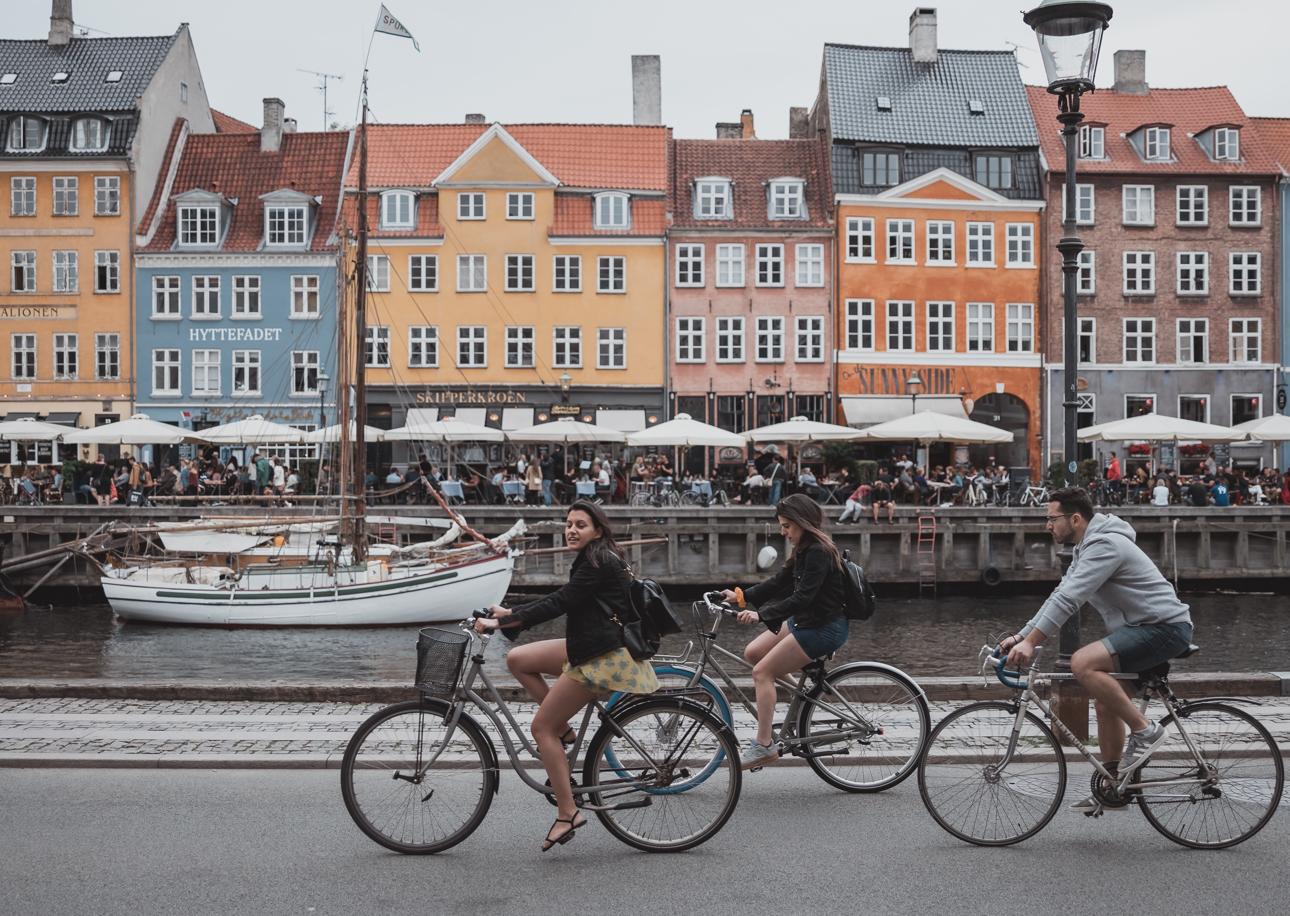9 Famous Thai Celebrities’ Cafes and Eateries in Thailand
A look at a list of Thai celebrities who own restaurants and ...

It has been over ten years since the first World Happiness Report was published. Marking its 10th anniversary in 2023, March 20 is the International Day of Happiness, a day designated by the United Nations.
For the sixth year in a row, Finland has topped the list of the world’s happiest nations. Denmark came in second, while Iceland came in third—the top three stayed exactly the same compared to last year.
The report, a publication of the UN Sustainable Development Solutions Network, is largely based on life evaluations from the Gallup World Poll and identifies the happiest nations by gathering global data from people in over 150 countries. Researchers simply asked people how satisfied they are with their lives based on six key variables—income, health, having someone to count on, having a sense of freedom to make key life decisions, generosity, and the absence of corruption which all play strong roles in supporting life evaluation.

While the top three Nordic countries (Finland, Denmark, Iceland) safeguarded their places, Israel moved up to number four this year from number nine last year. The Netherlands kept its place at number five, followed by Sweden, Norway, and Switzerland. No surprise perhaps given the criteria; Thailand has moved up only one spot to 60th from last year.
1. Finland
2. Denmark
3. Iceland
4. Israel
5. Netherlands
6. Sweden
7. Norway
8. Switzerland
9. Luxembourg
10. New Zealand
11. Austria
12. Australia
13. Canada
14. Ireland
15. United States
16. Germany
17. Belgium
18. Czech Republic
19. United Kingdom
20.. Lithuania
We are not exactly sure why, but it seems the Nordic countries are doing something right and maybe other societies could learn from them. Although ranking happiness is a challenging puzzle, it is essential and worth pursuing as governments look into what can be done to encourage happiness. According to the report, “The objective of every institution should be to contribute what it can to human well-being, which includes accounting for future generations and preserving basic human rights.”
One key finding from the 2023 report is that benevolence is about 25% higher than it was pre-pandemic. According to Lara Aknin, co-author of the report, this year’s report features many interesting insights, “but one that I find particularly interesting and heartening has to do with pro-sociality”.
Following the pandemic, there was a sharp increase in the helping of strangers during 2020 and especially 2021, coupled with significant increases in 2021 in both volunteering and donations. In 2022, the data shows that people’s tendency to be generous was 25% higher than before the pandemic. The report states that continued high levels of benevolence are likely to help with overall happiness globally, with some added potential for creating a virtuous circle.
Click here to view the full report.
A look at a list of Thai celebrities who own restaurants and ...
These top 5 barber shops in Bangkok are where gentlemen can elevate ...
Saturdays are already made for Salmon, now there's even more reason to ...
A detailed guide to hiking the Naga Cave, combining physical challenges with ...
While traditional TV shows are serving us endless boy-meets-girl tales. Thailand has ...
Sailorr and Molly Santana’s black grills fuse hip-hop swagger with homage to ...
Wee use cookies to deliver your best experience on our website. By using our website, you consent to our cookies in accordance with our cookies policy and privacy policy